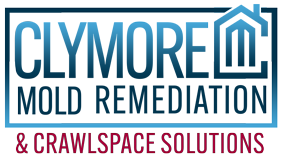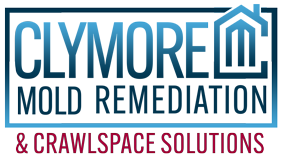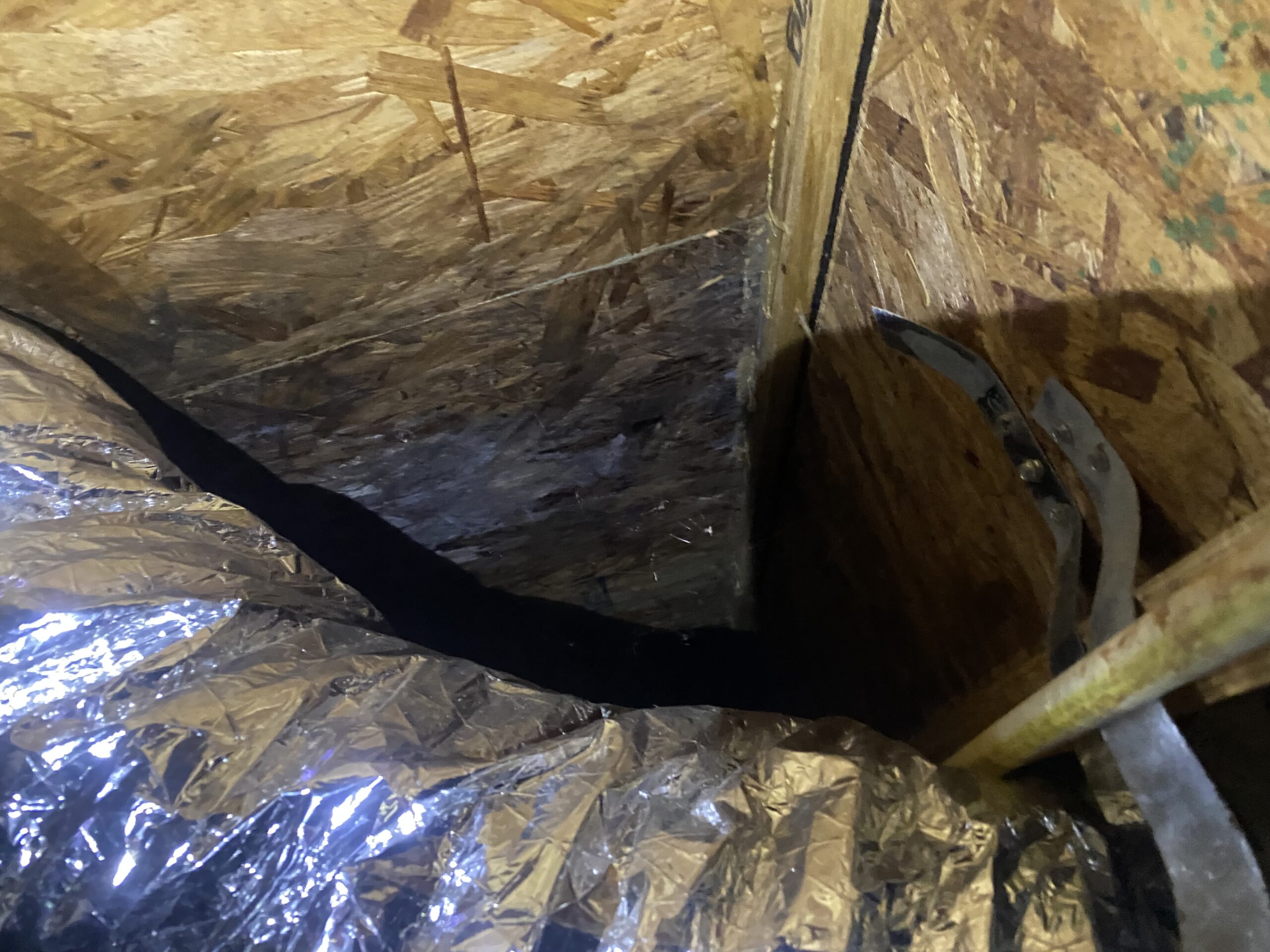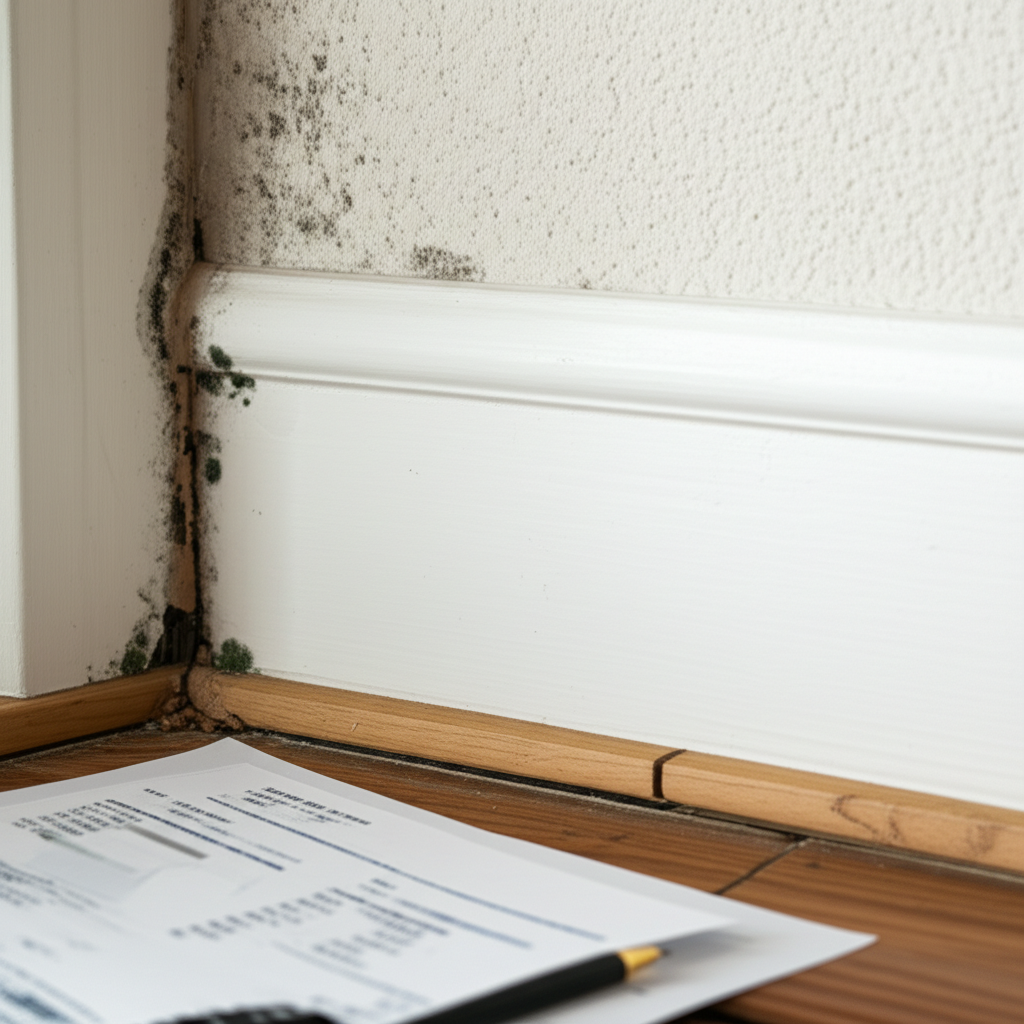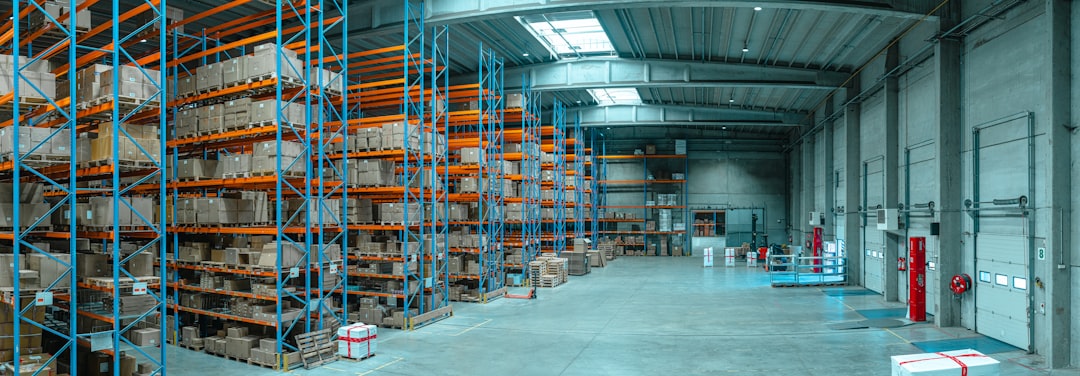10 Shocking Facts About Mold in Atlanta Homes!
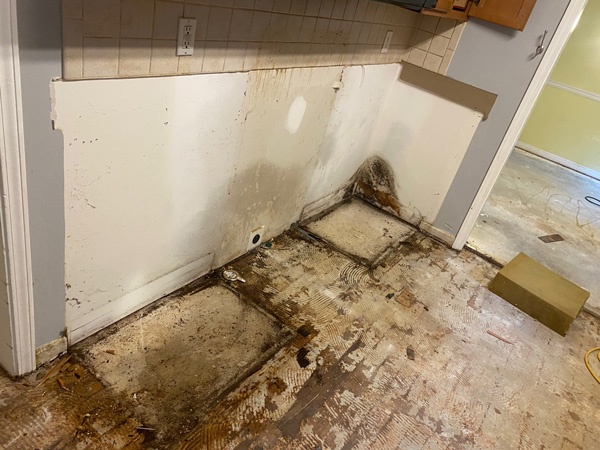
10 Shocking Facts About Mold in Atlanta Homes!
Mold is a common problem in homes across the United States, and Atlanta is no exception. In fact, due to the city’s unique climate and humidity, mold growth can be especially prevalent and dangerous. In this article, we will delve into 10 shocking facts about mold in Atlanta homes, including its causes, health risks, and tips for prevention.
1. Atlanta’s Climate is Perfect for Mold Growth
Atlanta’s hot and humid climate makes it an ideal breeding ground for mold. With an average annual humidity of 68%, mold thrives in this environment. Warm temperatures and high humidity create the perfect conditions for mold to grow on a variety of surfaces, including walls, ceilings, and furniture.
2. Mold Can Grow in Just 24-48 Hours
Mold growth can occur rapidly, with some species of mold able to grow within 24-48 hours under the right conditions. This means that even a small water leak or moisture problem can quickly turn into a mold infestation if not addressed promptly.
3. Mold Can Cause Serious Health Issues
Mold exposure can lead to a range of health problems, particularly for individuals with allergies or respiratory conditions. Common symptoms of mold exposure include nasal congestion, coughing, wheezing, and skin irritation. In more severe cases, mold can lead to asthma attacks, respiratory infections, and even toxic mold poisoning, which can cause permanent health issues.
4. Not All Mold is Visible
One of the most shocking facts about mold is that it’s not always visible. Mold can grow behind walls, under floors, and within air ducts, making it difficult to detect without professional help. This hidden mold can still cause health problems and damage to your home.
5. Over 100,000 Mold Species Exist
There are over 100,000 species of mold, but only a few dozen are commonly found in homes. The most common types of mold found in Atlanta homes include Aspergillus, Cladosporium, Penicillium, and Stachybotrys (commonly known as black mold).
6. Black Mold is Highly Toxic
Black mold, or Stachybotrys, is particularly dangerous due to its production of mycotoxins, which can cause severe health issues. Prolonged exposure to black mold can lead to chronic respiratory problems, neurological damage, and even death in extreme cases.
7. Mold Loves Moisture
Mold requires moisture to grow, so addressing any water issues in your home is essential to preventing mold growth. Common sources of excess moisture include leaks, high humidity, and poor ventilation. Regularly inspecting your home for water damage and promptly fixing any issues is crucial.
8. DIY Mold Removal Can Be Risky
While some small mold problems can be addressed with over-the-counter products, attempting to remove mold yourself can be risky. Disturbing mold can release spores into the air, exacerbating health problems and potentially spreading the mold further. For significant mold issues, it’s best to consult a professional mold remediation service.
9. Mold-Resistant Building Materials Exist
To help prevent mold growth, consider using mold-resistant building materials, such as mold-resistant drywall, paint, and insulation. These materials can be especially helpful in high-moisture areas like bathrooms, kitchens, and basements.
10. Proper Ventilation is Key
Proper ventilation is crucial in preventing mold growth. Ensure that your home has adequate airflow, particularly in high-moisture areas like bathrooms and kitchens. Using exhaust fans and dehumidifiers can help maintain a healthy humidity level and reduce the risk of mold growth.
Conclusion
Mold in Atlanta homes is a serious issue, with the city’s climate creating ideal conditions for rapid mold growth. Understanding these 10 shocking facts can help homeowners recognize the dangers of mold, take preventive measures, and seek professional help when necessary. By addressing moisture issues, maintaining proper ventilation, and using mold-resistant materials, Atlanta residents can protect their homes and their health from the hazards of mold.
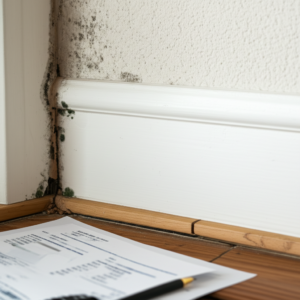
The Hidden Costs of Delaying Mold Removal: A Financial Perspective
Financial Implications of Postponing Mold Remediation Mold infestation is not just a health hazard but also a significant financial concern, particularly when its removal is
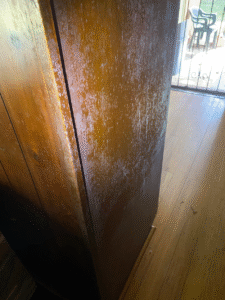
Severe Mold Contamination in Atlanta Home: A Remediation Success Story
When Mark Clymore of Clymore Mold Remediation and Crawlspace Solutions received the call about a residential property in metro Atlanta, he knew immediately this would
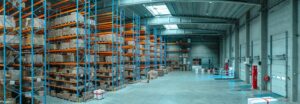
The Business Case for Regular Mold Inspection in Commercial Properties
Importance of Mold Inspection in Commercial Properties Mold inspection is a crucial aspect of maintaining a healthy, safe, and legally compliant commercial environment. Mold can

5 Signs You Might Have Hidden Water Damage in Your Home
Unexplained Musty Odors One of the more perceptible indicators of hidden water damage is the presence of musty odors that persist despite thorough cleaning. Such
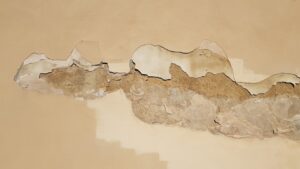
The Health Implications of Mold Exposure
The Health Implications of Mold Exposure Mold, a ubiquitous presence in both indoor and outdoor environments, thrives in moist conditions and can infiltrate homes and

The Psychological Impact of Living with Mold
The Science of Mold Remediation: Insights from Clymore Mold Remediation and Crawlspace Solutions Mold is a persistent problem that can affect both residential and commercial
